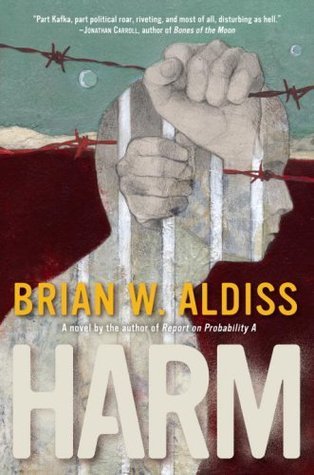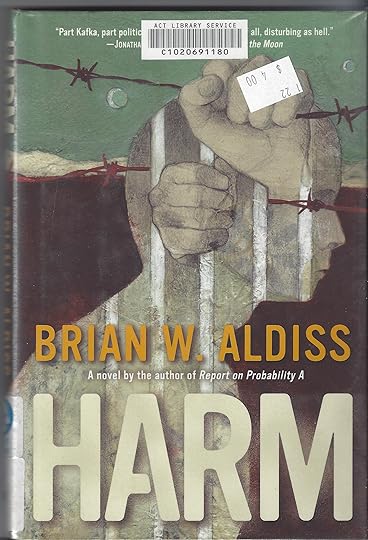What do you think?
Rate this book


225 pages, Hardcover
First published January 1, 2007
 Some of the scenes are pretty brutal. Some are made moreso by how matter of fact Aldiss is about the brutality, is if it is to be expected and therefore neither built up to nor dwelt on. It would not be the first time Aldiss has expressed a rather dim view of human nature, and it would not be the last, despite the book coming out after his 80th year.
Some of the scenes are pretty brutal. Some are made moreso by how matter of fact Aldiss is about the brutality, is if it is to be expected and therefore neither built up to nor dwelt on. It would not be the first time Aldiss has expressed a rather dim view of human nature, and it would not be the last, despite the book coming out after his 80th year.